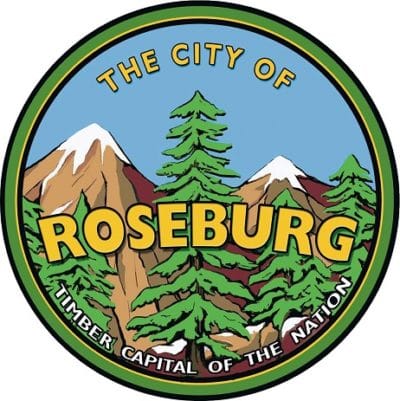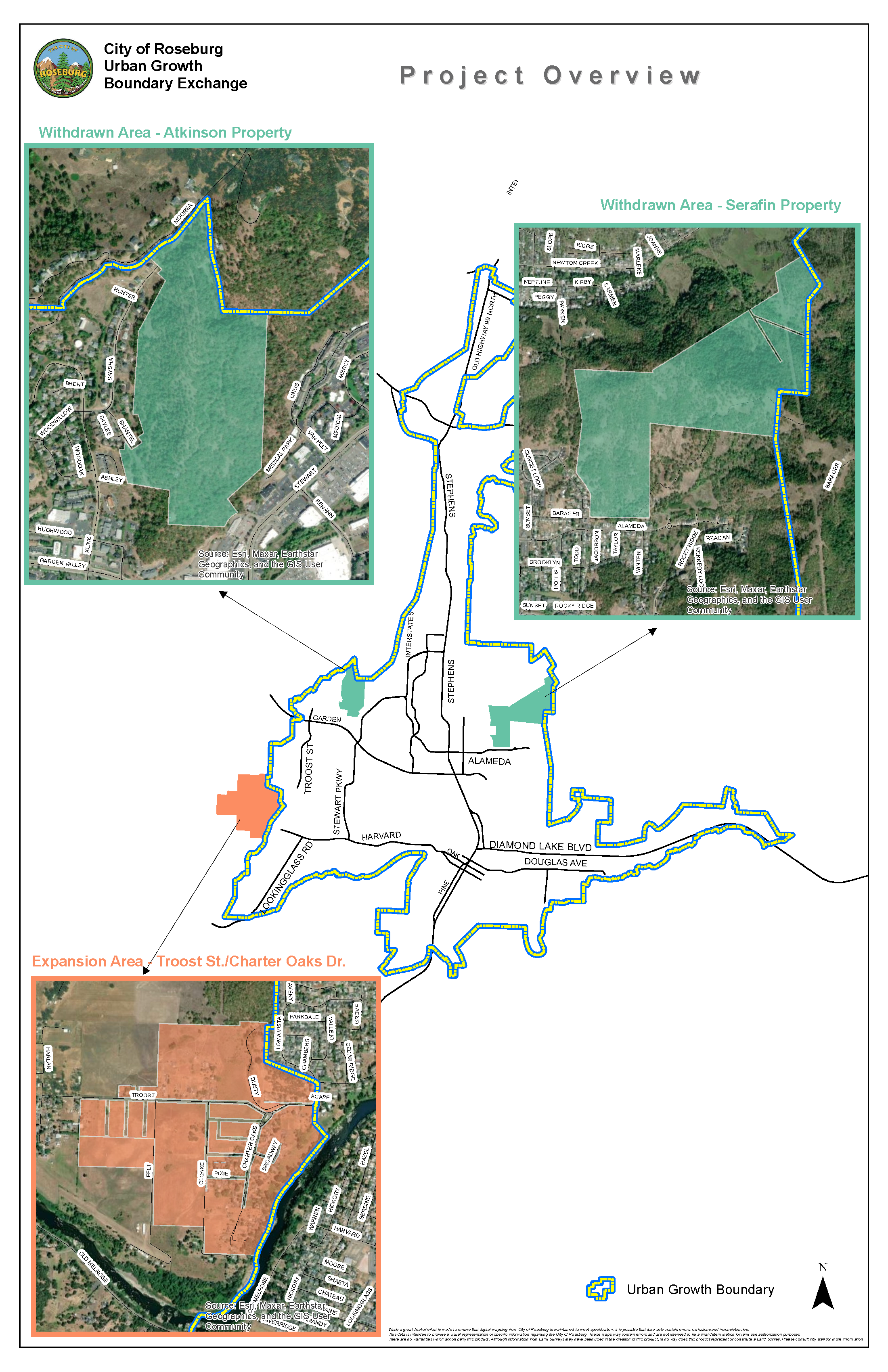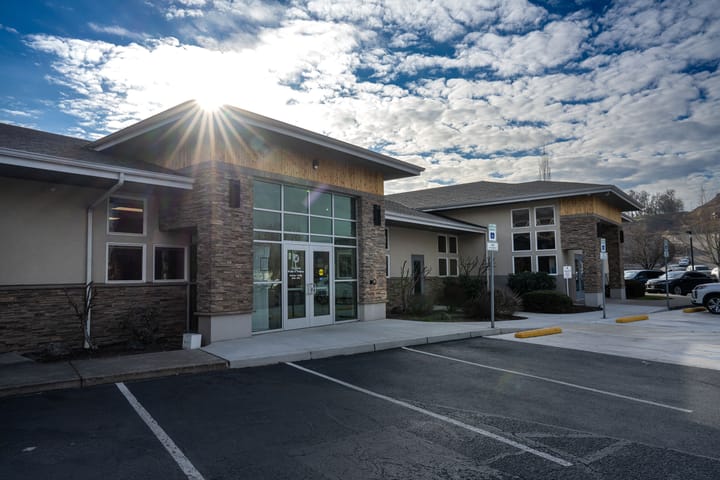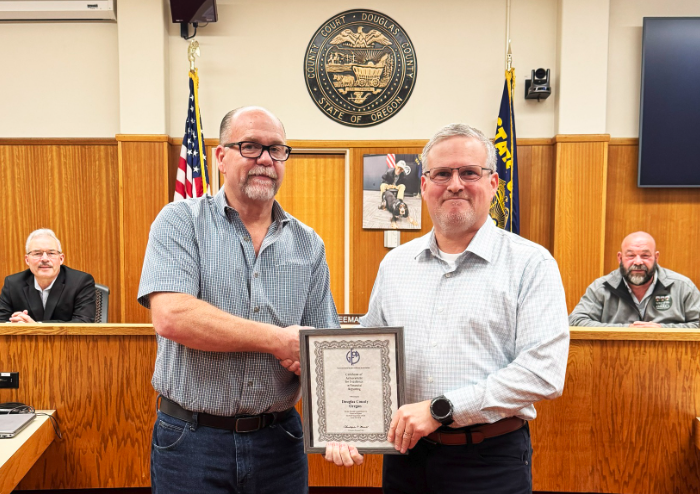Land Swap for Roseburg's Charter Oaks Heads to State Legislature
A proposed state bill would fast-track Roseburg’s Charter Oaks expansion by bypassing regulatory delays through a land swap with Douglas County. If passed, it could reshape how Oregon handles contested urban growth.

ROSEBURG, Ore. – A long-debated plan to expand Roseburg's urban growth boundary (UGB) into the Charter Oaks neighborhood has taken a significant step forward with a legislative proposal now under consideration in Salem.
House Bill 3921, introduced by Rep. Virgle Osborne (R-Roseburg) and Sen. David Brock Smith (R-Port Orford), would bypass traditional regulatory processes by allowing a land swap directly through state legislation. The bill was quickly assigned to the House Committee on Housing and Homelessness, with a public hearing already held and a work session scheduled for April 7.
A Shift in Strategy
The Charter Oaks area lies between Roseburg's Hucrest neighborhood and the South Umpqua River. For years, the city's efforts to include it in the UGB have faced stiff opposition from residents concerned about annexation, increased development, and traffic. Frustrated by delays and regulatory hurdles, city officials are now pursuing a more aggressive legislative route.
At Monday's hearing, Osborne acknowledged the bill "came out of nowhere," but said it reflects a desire to move forward. If passed, the bill would deannex two parcels of city property — a hill behind Roseburg Marketplace and land behind Joseph Lane Middle School — and transfer them to Douglas County. In exchange, Charter Oaks would be added to the UGB, with a portion annexed immediately into city limits.

County and City Officials Back Plan
Douglas County Commissioner Tom Kress voiced support for the proposal, noting the steep geography of the deannexed lands would be better managed under county regulations.
City Manager Nikki Messenger and Mayor Larry Rich also testified in support. Messenger emphasized the need for clarity before the city invests in infrastructure upgrades, saying, "We need certainty the property is coming in."
While the proposed swap was previously rejected by the Oregon Department of Land Conservation and Development (DLCD) in January, and appealed in February, city officials are using the legislative route as an alternative while that appeal remains pending.
Pushback Over Legislative End-Around
Not all are supportive of the strategy. While environmental and land-use watchdogs like 1000 Friends of Oregon and Central Oregon Landwatch have not opposed the land swap itself, they criticized bypassing Oregon’s established land-use process.
"It may be a little messy to involve the public, but it is part of the process," said Mary Kyle McCurdy, associate director and managing attorney at 1000 Friends. "We are concerned about the precedent this could set for the legislature stepping in to very local, fact-specific projects like this."
Rory Isbell, staff attorney for Central Oregon Landwatch, echoed that sentiment, calling the current appeal evidence that Oregon’s land use system is working. “A group of citizens exercised their rights, and DLCD sustained some of their objections. That’s a healthy process.”
Infrastructure and Growth Concerns
Concerns raised in testimony also included the single winding road currently serving Charter Oaks, and the potential need for a bridge connecting Old Melrose Road to the opposite side of the neighborhood.
Messenger noted the city has already budgeted for preliminary design work on Troost Street and conducted a traffic impact study.
Mayor Rich highlighted the long history of attempts to bring Charter Oaks into the city, warning that continuing the traditional process could take years and significant additional costs. "We cannot afford to fail again," he said, referencing a similar effort in McMinnville that took 26 years to complete.
As the April 7 work session approaches, the bill’s progress could mark a pivotal moment in Roseburg’s development—and how Oregon handles complex, locally contested growth decisions.




Comments ()